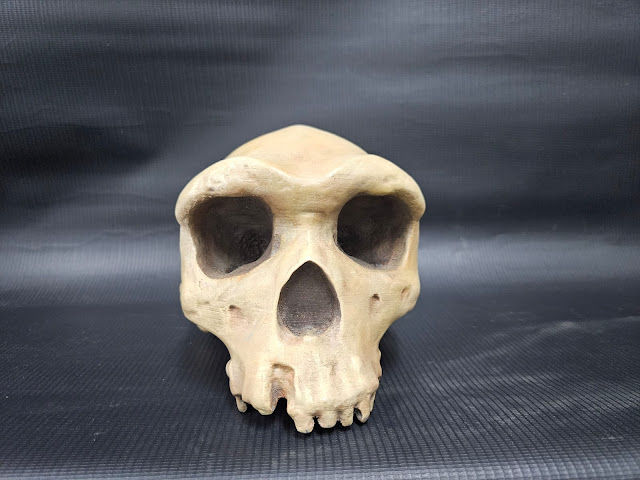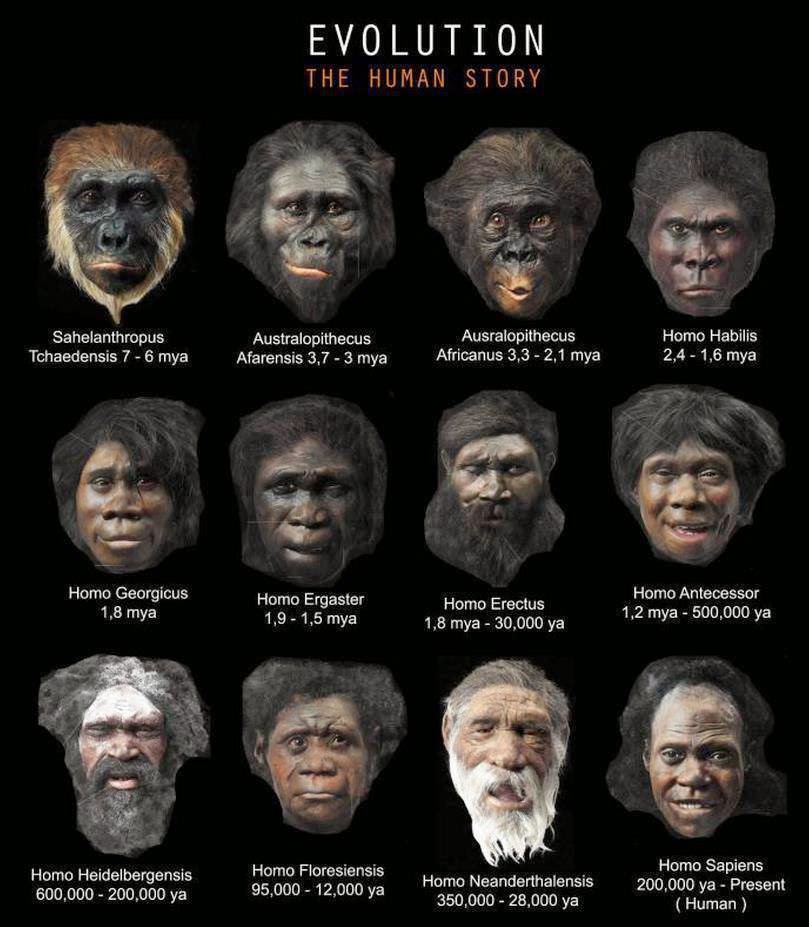Bioantropologia do PPGA no Congresso Europeu BioantTalks 2021
A bioantropologia do PPGA participou nos, dias 5 e 6 de julho, do Congresso Europeu BioantTalks-AnthroEthics 2021, com 4 apresentações em vídeo resultantes de pesquisas realizadas em parceria entre pesquisadores do LEBIOS/UFPA e do GEB/UEPA.
Os
seguintes trabalhos foram apresentados pelo nosso grupo:
Dia 5/7
12:00 | Colonialism, structural racism and social determinants of health in Quilombola communities of the Brazilian Amazon by Lígia Amaral Filgueiras, Ariana K.L.S. da Silva, Roseane B. Tavares Oliveira, Edson Marcos Leal Soares Ramos, Hilton P. Silva
2:00 | Colonialism, genetic ancestry, sickle cell disease and health implications in the Amazon by Ariana K. L. S. da Silva, Hilton P. Silva, Lígia A. Filgueiras, Roseane B. Oliveira
Dia 6/7
10:00 | Teaching Bioanthropology in the Brazilian Amazon during the COVID-19 syndemic: an (in)experience report by Ligia A. Filgueiras, Ariana Kelly L. S. da Silva
11:00 | Deforestation and Covid-19 in the Legal Amazon: Global Biological and Humanitarian Risks by Ariana Kelly L. S. da Silva, Ligia A. Filgueiras
Confira
os resumos das apresentações:
Colonialism, structural racism and social determinants of health in Quilombola communities of the Brazilian Amazon
Lígia Amaral Filgueiras1 | Ariana K.L.S. da
Silva1 | Roseane B. Tavares Oliveira1 | Edson Marcos Leal
Soares Ramos2 | Hilton P. Silva3
1.Research Group on Bioanthropology, State University of Pará – GEB-PA/UEPA. Laboratory of Bioanthropological Studies on Health and Environment (LEBIOS), Institute of Philosophy and Human Sciences (IFCH), Federal University of Pará (UFPA), Belém, Pará, Brazil
2.Public Security Graduate Program - Federal
University of Pará (UFPA), Belém, Pará, Brazil
3.Anthropology Graduate Program (PPGA) & Health,
Environment and Society in the Amazon Graduate Program (PPGSAS), Laboratory for
Bioanthropological Studies in Health and Environment (LEBIOS), Institute of
Philosophy and Human Sciences (IFCH), Federal University of Pará (UFPA), Belém,
Pará, Brazil
Abstract
In Brazil, social inequality is one of the
consequences of Colonialism, particularly in the Amazon. To understand the
effects of inequality we investigated the epidemiology of chronic and
infectious diseases among children and adults from six Quilombola communities
in Pará State in a series of studies carried out between 2008-2015, with 975
individuals. Among adults (18-59 years), 34% of the women and 32% of the men
are overweight. 24.8% of the women between 18 and 59 years, and 31.7% of the
men over 60 years old are obese. Hypertension affects 20.7% of women and 11.6%
of men. Regarding the Social Determinants of Health, about 81% of quilombolas
do not have a bathroom in the house and 72.3% of the sewage destination is to
black pits (hole in the ground). 50.1% of them earn less than one minimum wage,
69.1% need government financial support to survive and only 6.7% completed
elementary school. Among children (0-9 years old) 32.8% present some level of
malnourishment (-2 Z-score), in addition to often exhibiting respiratory and
skin infections, and parasitic diseases. It is common for them to present high
levels of cavities in the deciduous dentition, seriously compromising the
permanent dentition and their overall health. The residents of Quilombos lack
access to health services, adequate drinking water, education, housing and
food. Cultural colonialism and structural racism reinforce negative stereotypes
undermining their future chances. In order to change this situation it is
necessary that the Brazilian society recognize and condemn racism and
colonialist ideas. Keywords: Obesity, Hypertension, Malnutrition, Racism,
Amazonia, Health of the Black Populatio
A
apresentação completa está disponível em:
https://www.youtube.com/watch?v=ZtuEYVdXTSs
Colonialism, genetic ancestry, sickle cell disease and health implications in the Amazon.
Ariana K. L. S. da Silva1, Hilton P. Silva ¹ ², Lígia A. Filgueiras¹, Roseane B. Oliveira¹
1. Researcher at the Study Group on Bioanthropology of Pará, State University of Pará – GEB-PA/UEPA and the Laboratory of Bioanthropological Studies on Health and Environment (LEBIOS), Institute of Philosophy and Human Sciences (IFCH), Federal University of Pará (UFPA), Belém, Pará, Brazil.
2. Graduate Program in Anthropology (PPGA) & Graduate Program in Health, Environment and Society in the Amazon (PPGSAS), Coordinator of the Laboratory for Bioanthropological Studies in Health and Environment (LEBIOS), Institute of Philosophy and Human Sciences (IFCH), Federal University of Pará (UFPA), Belém, Pará, Brazil.
Abstract
In Brazil colonialism and its consequences have many faces associated with historical factors such as more than three centuries of slavery, exploitation of Indigenous and African populations and enormous social disparities which left marks in society until today. Brazil is the largest country in Latin America, with a highly mixed population originated from the encounter of the European invaders, the native Americans and the Africans brought as enslaved, which gave origin to a socially hierarchical society shaped under the false premise of "Racial Democracy" yet extremely racist. One of the biological consequences of the colonization process and the slave trade was the introduction of the hemoglobin variant S in the country, which made Sickle Cell Disease (SCD) a serious public health problem. In the State of Pará, in the Amazon region, it is estimated that 1% of the population is affected by SCD. Among those 90% self-declare black, but 41% have mostly European aDNA, demonstrating the complex historical interactions among the ancestral groups. Because of the variations in skin color, structural racism, and difficulty of access to health services many people suffer throughout their entire life without proper diagnosis or treatment. Even though slavery was formally abolished in 1888, during the monarchy, the African derived populations of Brazil still suffer the effects of the colonial Era when the country was a satellite of Portugal. Further anthropological research is necessary to help understand the extent of persistent colonialism among the Brazilian population, and develop more ethical and inclusive public health policies.
A apresentação completa está disponível em:
https://www.youtube.com/watch?v=bP5wd0Ujuhw&list=PUtA4p5VzNSk2yYCdlrwrY0Q
Teaching Bioanthropology in the Brazilian Amazon
during the COVID-19 syndemic: an (in)experience report
Lígia A. Filgueiras1 | Ariana Kelly L S da Silva 1
1.Pará State University (UEPA) and the Education Department of the State of Pará (SEDUC), Research and Study Group in Bioanthropology of Pará - GEB/UEPA and Laboratory of Bioanthropological Studies in Health and Environment, Federal University of Pará - LEBIOS/UFPA, Brazil
Abstract
Teaching Bioanthropology in the Brazilian Amazon is by itself a great challenge at the Pará State University – (UEPA), since this research area is not well known yet. With the COVID 19 syndemic, professors have been working harder. The Bioanthropology graduate discipline is offered in many campi and professors are designated to travel to these locals and teach during some days. As SARs-Cov-2 installed in late March 2020 here in Brazil, all classes were interrupted and only returned in August 2020, online. The difficulties are: not all students have access to internet, nor computers or sometimes even no mobile phones. The 60 hour discipline had to be broken in synchronic and asynchrony moments where students could read articles, watch the professor’s explanations in video as they had to immediately learn new technologies. But how can you manage this kind of new way of teaching where some places lack internet? If it rains down in Amazon, which is very common, no hope to get a connection and sometimes not even electricity available. We collected (in)experience reports from professors through interviews regarding this new normal way of life. The results indicate stress, fatigue, and to women a double burden due to mothership and extra work. There must be more public policies that improve teaching quality and access to technologies for students, as new variants are arising in part due to the inoperability and negativism of the current Brazilian government, this scenario will continue for a long time
A apresentação completa está disponível em:
Deforestation and Covid-19 in the Legal Amazon: Global
Biological and Humanitarian Risks
Ariana Kelly L. S. da Silva¹ | Ligia A. Filgueiras¹
1.State University of Para (UEPA), Secretary of Education of the State of Para (SEDUC), Study Group in Bioanthropology of Para (GEB/UEPA), and Laboratory of Bioanthropological Studies in Health and the Environment, Federal University of Para (LEBIOS/UFPA), Brazil.
Abstract
Climate change in the 21st century has aroused the world's interest on environmental and biological issues faced by Brazilians in the Legal Amazon, with beating records of forest devastation, fires, livestock breeding, encroaching and invasions, violence and death threats, with the State of Pará being the most affected, causing biosocial, political and economic impacts among vulnerable traditional populations, in particular, in the context of the Covid-19 syndemic. Bibliographic surveys on official websites on Brazil Risk (corruption and income), access to vaccines and field work on health among traditional populations were the methodological instruments used. Environmental degradation in Pará was the most severe, with 37% of native areas deforested in 2020. However, in February 2021, the index jumped to 71% of devastation in specific areas, affecting food security, the Amazon biome and microclimate, access to water in environmental conservation units, as well as in private areas and rural settlements. The number of deaths by Covid-19 among quilombolas, indigenous and riverine residents was one of the highest in the whole country, with 13.36% lethality rate only in the city of Breves, in the Marajó Island, demonstrating the double biological and social vulnerability of the peoples of the region. The Corruption Brazil Risk, the state's inefficiency of environmental inspection and the limited vaccine coverage of vulnerable groups demonstrate the Sars-Cov-2 biological risk plus extreme poverty in Pará are human rights violation and political, ethical, and health factors that need urgent international humanitarian aid to be resolved in the short and medium term.
A
apresentação completa está disponível em:





Comentários
Postar um comentário